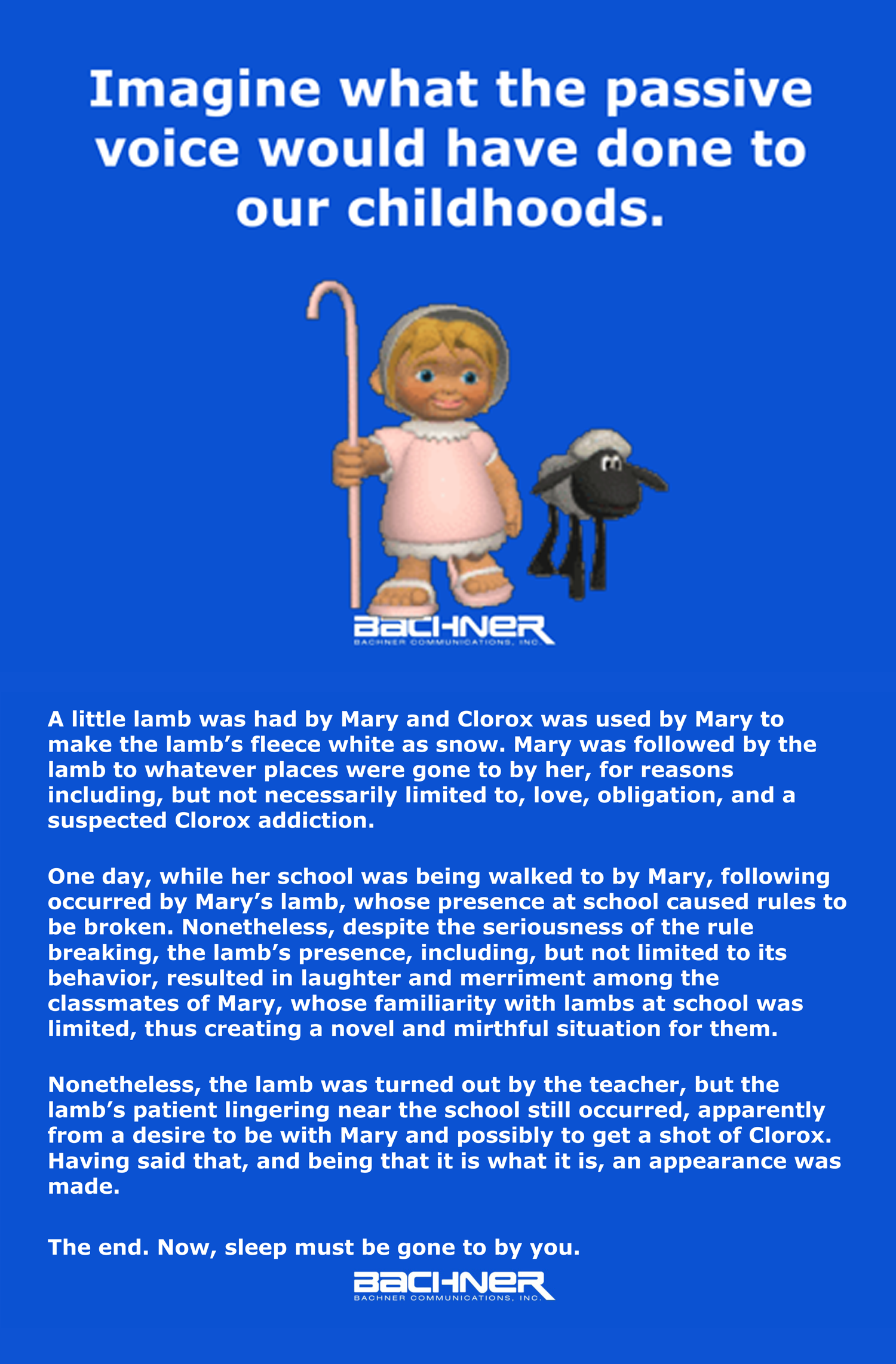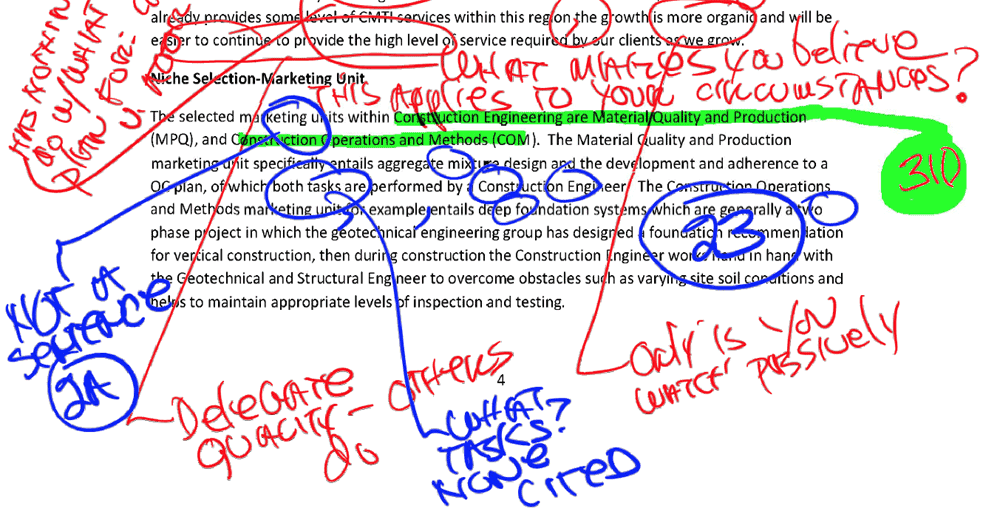Better Writing
For Better Business and Less Risk
The best evidence is always what’s in writing. For “what’s in writing” to be meaningful, staff members must write it well: clearly and simply, which is exactly the type of writing FOPP teaches. Those who master FOPP writing techniques are able to prepare better proposals, better reports, better project correspondence (including texts and e-mails), and even better contracts. Almost every FOPP graduate reports being able to write far better. See for yourself.
The best evidence is what’s in writing because most claims arise more than two years after the fact; when memories have faded and become confused. And that’s precisely why the writing involved must be effective, without any of the ambiguity that attorneys can twist to show that the supposedly learned professional was not clear, allegedly leading a constructor, owner, or other party to make a mistake. Did you know that the notation “I observed the excavation” cost one firm more than one-million dollars? That “In general accordance with ASTM E1527” cost another firm over a million-and-a-half?
Some technical professionals like using “big words” to demonstrate language mastery they don’t truly possess. They’ll write “albeit” instead of “although,” “in lieu of” instead of “instead of,” “regarding” instead of “about.” Making matters even worse, this habit can become truly problematic when they use the wrong word; e.g., “mute point” instead of “moot point” or “physical year” instead of “fiscal year.” Bear in mind that the ultimate arbiter of meaning usually is not a dictionary; it’s a jury of one’s peers.


John critiques everything each FOPP participant writes. The research-project proposal. The draft research report. The final report. Every cover letter. Every e-mail.
What’s a novelist doing in FOPP? Let him tell you!
“This was a formative experience in my career and I highly recommend FOPP to any professional…. I’m a novelist, as well as an engineer, and I still use John’s writing guide, which was part of our FOPP materials.”
—James Kellog, P.E.
